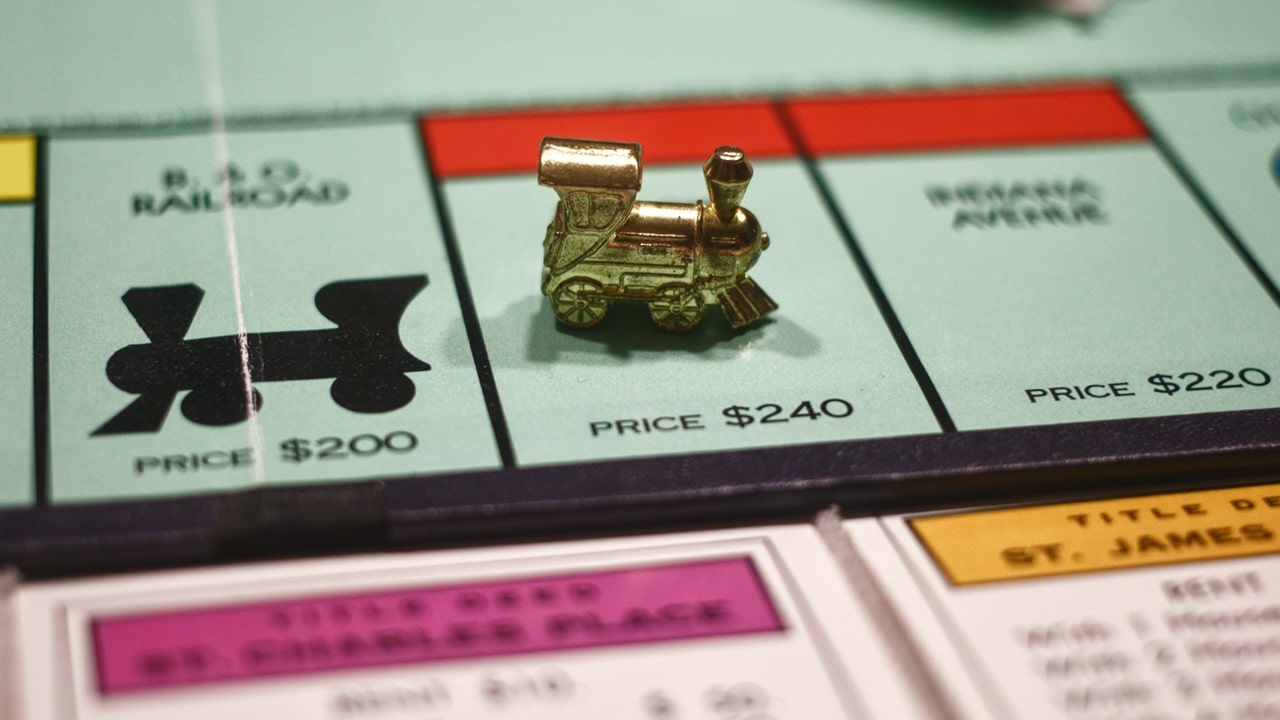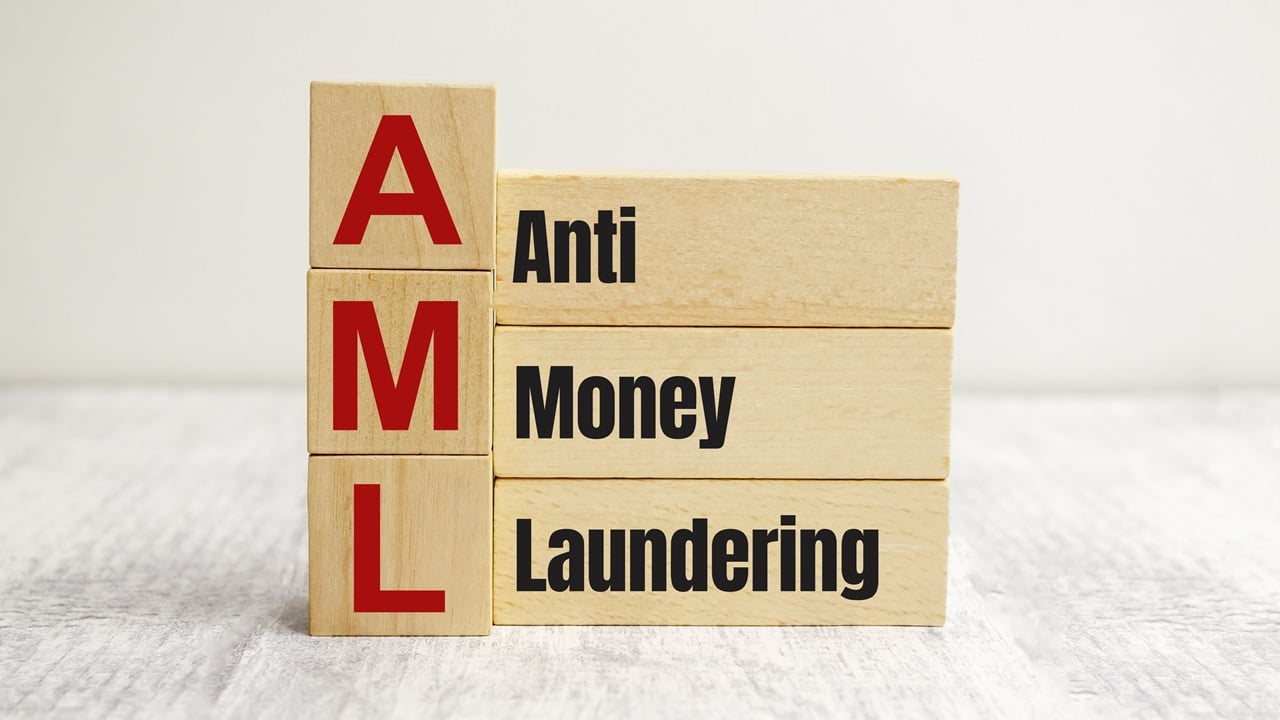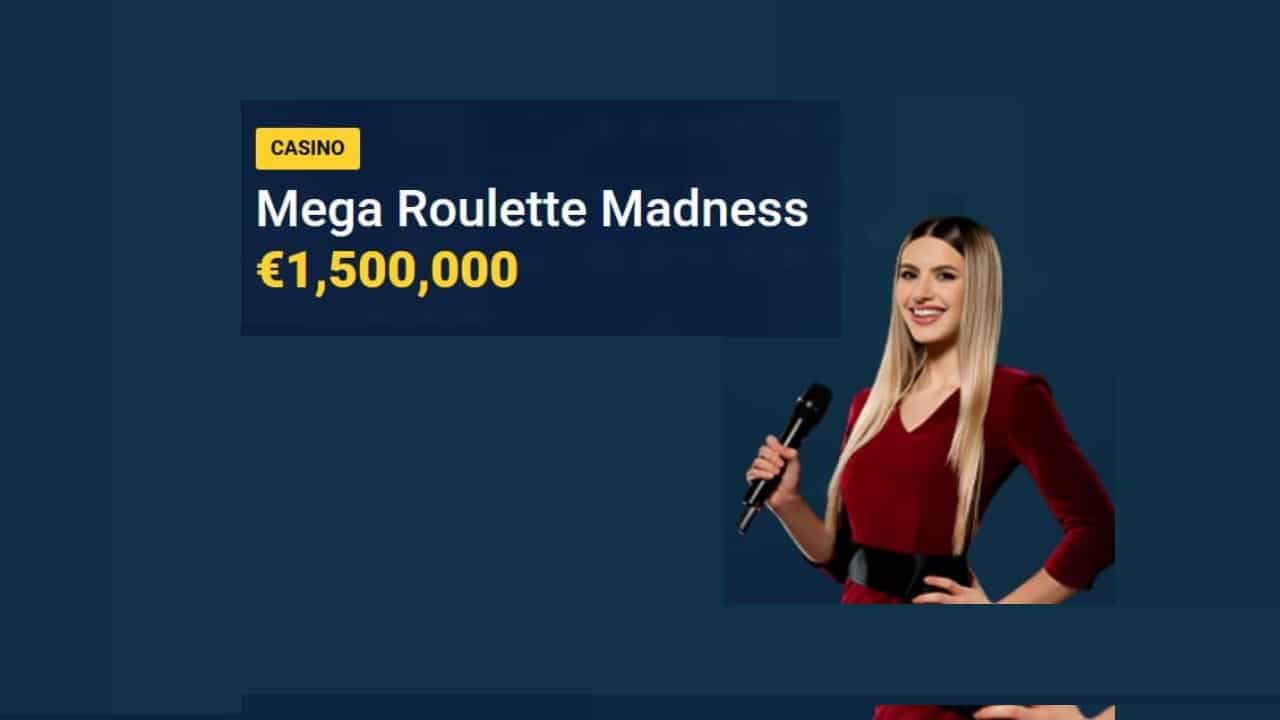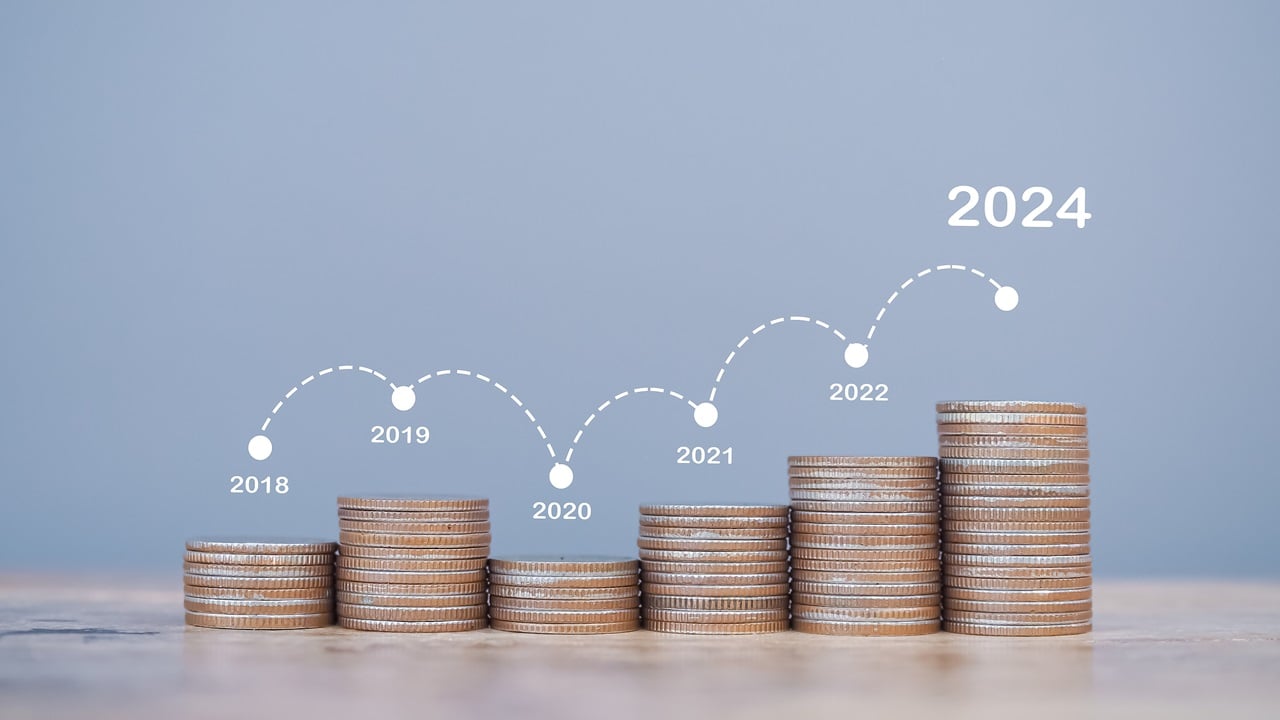
PayPal now blocking online gambling transactions at the request of users. Users can block online gambling payments to combat problem gambling (Image by Karol Rosales at Unsplash)
One of the world’s most used online payment systems, PayPal is introducing new software to prevent excessive gambling.
PayPal is a trusted system, and many gamblers choose to use it as it is a favourite transaction method for many online casinos. However, PayPal offers little information to its users to inform them of just how much money they are gambling. Many users have been able to deposit more money than they could afford to lose.
A devastating story emerged a couple of years ago about a young man who was able to use PayPal to gamble away £150,000 in just one day. The man had reached his direct debit daily limit, but then used the PayPal system to bypass the block. PayPal had aided the young man to deposit dozens of transactions worth £2,000 into his online casino account. By the morning, the young man was down £150,000.
In response to this, PayPal commented by saying it was extremely concerned that its payment system could be used to inflict so much damage by the way of gambling to excess. PayPal promised to review its control measures and would tighten its payment rules. But this all occurred back in 2019, so the question is, has PayPal changed in any way?
Big Changes as PayPal Allows Users to Block Gambling Transactions
One of the most significant changes that PayPal has made is that all of its users in the US and the UK have the option to decline online gambling payments by putting a block on the system. The gambling activities which PayPal is able to block are games of chance or skill, such as games that require entry fees to win a prize. Casino games can also be blocked, which include games both physical and virtual such as blackjack, poker, baccarat, craps, keno, faro, Pai Gow, pachinko, roulette, wheel of fortune, slot machines, sic bo, and others. Users can block sports betting transactions too, which could include betting through exchanges, or with a bookmaker. Greyhound and horse racing betting can also be blocked, which would include bets such as sweepstakes, betting on a single win against a bookmaker, as well as pari-mutuel betting. It could also be off-track betting, where a player will place a bet on a race that is happening in a different location to where they are. Person-to-person betting includes both wagers with individuals, and through exchanges. Lottery betting can be blocked, which includes betting on raffles, sweepstakes, drawings, a pool, and any game that involves prizes or money to be distributed. Finally, PayPal can block transactions to gaming machines such as games of chance, slots, or anything where money is used in exchange for a prize.
It is not only payments for direct gambling that can be blocked, but it is also possible to block payments for gambling-related activities such as buying tips, gambling instructions, buying gambling licenses, and payments to forums that facilitate certain person-to-person gambling.
This kind of action will be music to the ears of organisations that work to reduce problem gambling. A payment system that has a blocking method for certain activities is a powerful tool. Sometimes, a person might need more than to just terminate an online account. There might need to be more than one tool to help them overcome problem gambling. There is Gamban, which can block an individual from online gambling. GAMSTOP allows you to self-exclude, while GamCare offers support alongside other organisations, and now with PayPal’s help, there are more ways to overcome problem gambling than ever.
The easiest way to enable the PayPal blocking system would be to contact them directly. PayPal has a message centre, where the trained member of staff will set up the block for you.































Leave A Comment